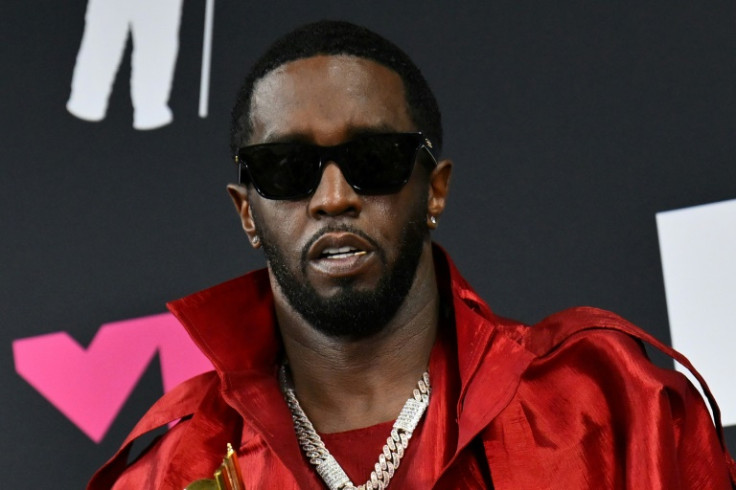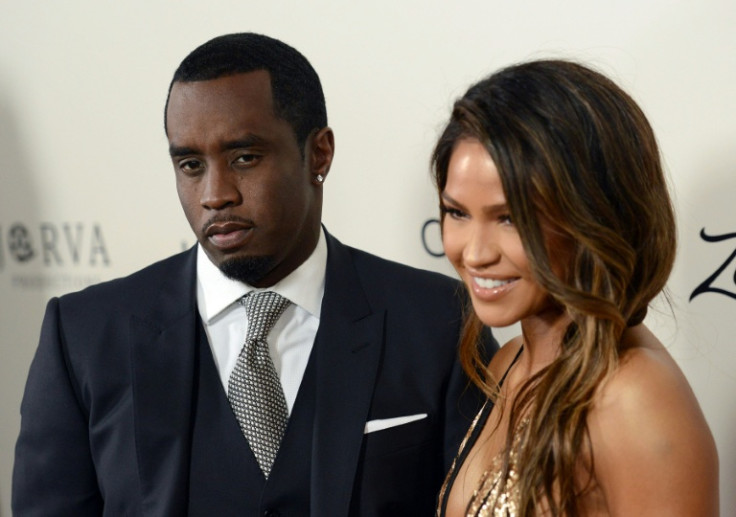'Not A God': Arguments End In Combs Trial Ahead Of Jury Deliberations

Sean "Diddy" Combs's lawyer aimed Friday to skewer the credibility of the music mogul's accusers, saying in closing arguments they were out for money while rejecting any notion he led a criminal ring.
But in their rebuttal -- the trial's final stage before jurors are tasked with deciding the verdict -- prosecutors tore into the defense, saying Combs's team had "contorted the facts endlessly."
Prosecutor Maurene Comey told jurors that by the time Combs -- once among the most powerful people in music -- had committed his clearest-cut offenses, "he was so far past the line he couldn't even see it."
"In his mind he was untouchable," she told the court as the case came to a dramatic close. "The defendant never thought that the women he abused would have the courage to speak out loud what he had done to them."
"That ends in this courtroom," she said. "The defendant is not a god."
For most of Friday's hearing defense attorney Marc Agnifilo picked apart, and even made light of, the testimony of women who were in long-term relationships with Combs, and who said he had coerced them into drug-fueled sex parties with paid escorts.
Agnifilo scoffed at the picture painted by prosecutors of a violent, domineering man who used his employees, wealth and power to foster "a climate of fear" that allowed him to act with impunity.
Combs, 55, is a "self-made, successful Black entrepreneur" who had romantic relationships that were "complicated" but ultimately consensual "love stories," Agnifilo said.
In his freewheeling, nearly four-hour-long argument, Agnifilo aimed to confuse the methodic narrative US attorney Christy Slavik provided one day prior.
She had spent nearly five hours meticulously walking the jury through the charges and their legal basis, summarizing thousands of phone, financial, travel and audiovisual records along with nearly seven weeks of testimony from 34 witnesses.
Central to their case is the claim that Combs led a criminal enterprise of senior employees -- including his chief-of-staff and security guards -- who "existed to serve his needs."
But Agnifilo underscored that none of those individuals testified against Combs, nor were they named as co-conspirators in the indictment.
"This is supposed to be simple," the defense counsel told jurors. "If you find that you're in the weeds of this great complexity, maybe it's because it just isn't there."
"It takes a lot of courage to acquit," he said in closing.
If convicted, Combs faces upwards of life in prison.
Casandra Ventura and a woman who testified under the pseudonym Jane described abuse, threats and coercive sex in excruciating detail, for days.
Combs's defense has conceded that domestic violence was a feature of the artist's relationships, but that his outbursts did not amount to sex trafficking.
The defense insisted the women were consenting adults making their own choices.
Prosecutor Comey snapped back that they were being "manipulated" into "brazen" acts of sex trafficking, reiterating once again for jurors what the government says are the clearest-cut examples.
Agnifilo pointed to Ventura's civil lawsuit against Combs in which she was granted $20 million: "If you had to pick a winner in this whole thing, it would be Cassie," he said.
Comey called that notion insulting: "What was her prize? Black eyes? A gash in her head? Sex for days with a UTI?"
Agnifilo also pointed to a violent episode between Combs and Jane, when she says she struck him in an argument before he brutally beat her, struck her down in the shower, and then forced her into giving an escort oral sex.
"Jane may have started that fight, but he finished it with a vengeance," Comey said, calling that incident the most obvious sex trafficking case and saying he had "literally beaten her into submission."
Throughout the trial, jurors were shown voluminous phone records, including messages of affection and desire from both women -- and Agnifilo emphasized the love and romance once again.
Both prosecutors said taking those words literally, and in isolation, doesn't paint the whole picture. They also referenced testimony from a forensic psychologist who explained to jurors how victims become ensnared by abusers.
"The defense is throwing anything they can think of at the wall, hoping something will stick," Comey said.
On Monday, Judge Arun Subramanian will instruct jurors on how to apply the law to the evidence for their deliberations.
Then, 12 New Yorkers will determine Combs's future.

© Copyright AFP {{Year}}. All rights reserved.





















